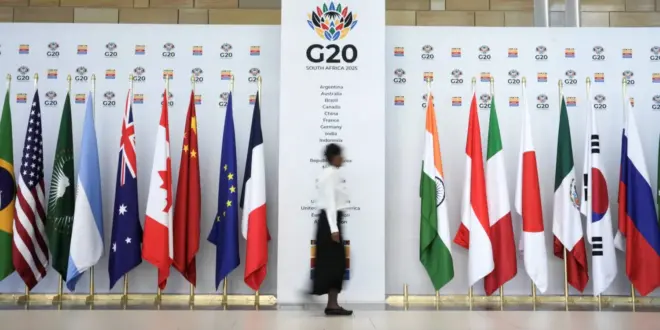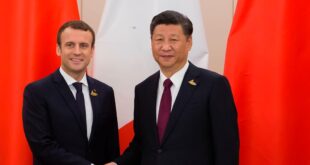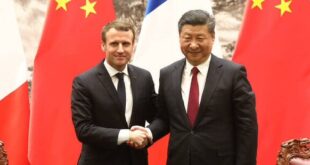Extended Report on the Centre for International Governance Innovation (CIGI) Conference, held on the sidelines of South Africa’s Think 20 Forum
Report by Reda Helal
The debate around digital payments is no longer confined to technical or economic issues. It has moved to the heart of broader discussions about national sovereignty, global power balances, and pathways to sustainable development.
This was the central message emerging from the official side event organized by the Centre for International Governance Innovation (CIGI) during South Africa’s Think 20 Forum, which brought together diplomats, academics, industry experts, and civil society representatives.
A Surge in Digital Accounts
Experts highlighted that the number of registered mobile money accounts worldwide has now reached 2.1 billion, with more than half located in Sub-Saharan Africa.
This remarkable growth reflects the success of developing economies in advancing financial technology. Participants attributed this progress to a unique combination of factors: cash-dependent economies, low penetration of traditional banking, and rapid digital adoption.
Persistent Gaps
Despite this rapid expansion, significant challenges remain that threaten the journey toward true financial inclusion. These include:
Affordability issues for low-income users.
Limited financial literacy across large population groups.
Restricted access to digital tools and infrastructure in remote areas.
Gender gaps in access to digital financial services.
Concerns around trust, transparency, and data protection.
According to experts, these gaps not only hinder financial inclusion but also exacerbate existing social and economic inequalities.
The Geopolitical Dimension
One of the most striking points raised was the geopolitical significance of digital payments. As Yash Kalash, Senior Fellow at CIGI, explained: “Digital payments are no longer a niche or technical matter; they have become instruments of power and sovereignty.
It is essential to strengthen global cooperation in an era of rising geopolitical competition, and to expand access to those who have long been excluded from the traditional banking system.”
This perspective underscores a growing awareness that financial technology is now inseparable from international power dynamics, particularly with China, India, and Africa emerging as major players in digital innovation.
Recommendations: Balancing Innovation and Stability
The conference concluded with several key recommendations to strengthen financial inclusion through digital systems:
1. Coupling innovation with stability, ensuring responsible and sustainable testing.
2. Cooperative regulation to enhance cross-border payment efficiency.
3. Alignment with G20 and UN Sustainable Development Goals, embedding inclusion in the design of all financial systems.
4. Integrating financial inclusion from the outset in any new digital finance infrastructure.
Financial Literacy as a Tool of Trust
Nancy Kiarie, Senior Consultant for Inclusive Finance at BFA Global, emphasized the importance of literacy, stating: “Enhancing financial literacy among underserved populations is the first line of defense against digital fraud. Education builds trust in platforms and empowers individuals to manage their finances more safely and effectively.”
Broader Global Debates
Beyond financial inclusion, the two-day conference also explored themes that signal deeper transformations in the global financial landscape, including:
The geopolitics of alternative payment systems.
Tokenization and cross-border payments.
Digital governance and global cooperation in managing the digital economy.
Towards a More Inclusive Global Vision
The debates underscored both challenges and opportunities. How can the world harness the momentum of digital payments to transform the lives of millions of unbanked individuals? How can we address the gaps that hinder inclusion to ensure the digital economy becomes a tool of justice and empowerment, rather than a new arena of inequality?
For experts and policymakers alike, the answer lies in acknowledging that bridging the
digital divide is no longer optional. It is a fundamental prerequisite for financial justice and sustainable development in the 21st century.
 موقع وجه أفريقيا موقع وجه أفريقيا هو موقع مهتم بمتابعة التطورات في القارة الأفريقية
موقع وجه أفريقيا موقع وجه أفريقيا هو موقع مهتم بمتابعة التطورات في القارة الأفريقية



